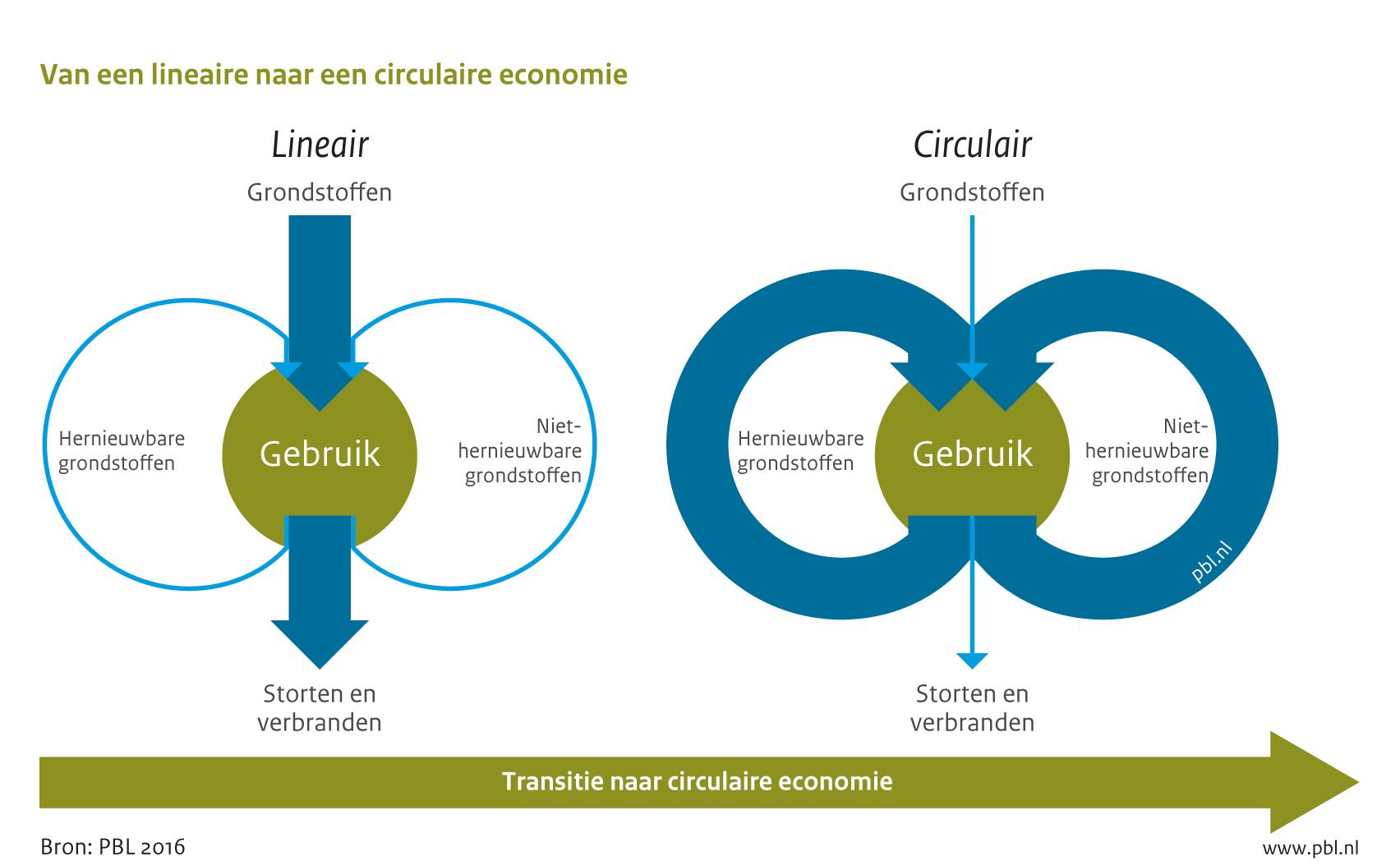The DNA of Wieland Textiles comprises a ‘web’ of circular fibers. Since the very beginning as a small firm in rag sorting in Amsterdam in the sixties – a form of circular entrepreneurship avant la lettre – this family business brings the re-use of discarded textiles to the next, sustainable level. With an intelligent automation of the sorting process and dedicated trainings for employees, Wieland has made considerable progress. The company gives a ‘new life’ to over 98 per cent of all collected textiles: as re-usable products or as raw materials that can be processed into other products. Together with other frontrunners, Wieland takes crucial new steps towards a circular supply chain. By means of Fibersort, the company is focusing on the advanced sorting and upgrading of used fabrics into high-quality raw materials for new products and materials. Circular entrepreneurship is closely connected with Corporate Social Responsibility. These are the ‘fibers’ that Wieland has woven into a strong, sustainable fabric for its company in Wormerveer.
A safe and pleasant working environment
Apart from its activities in the ‘upcycling’ of discarded textiles, the family business shows its social commitment with fair and decent HR policies, a pleasant and inspiring working environment and safe working conditions. Socially deprived people are supported with internal trainings to facilitate self-development. Employees from Eastern Europe are being recruited and screened by certified employment agencies. Wieland employs approximately 30 staff workers and about 30 temporary workers. When it comes to flexible jobs, the company intends to maintain sustainable and long-term working relations. This not only contributes to continuity, but also to a pleasant working environment. A team that has worked closely together for a considerable time, will perform better when it comes to team play. Wieland ensures safe working conditions from several perspectives, based on the clear and safe logistics of the sorting process, ergonomic sorting tables and qualified, in-company first aid providers.
A fair business
To promote sustainable welfare, Wieland is continuously exploring the possibilities to collaborate with trustworthy parties that share its ambition to care for people and planet. This means that they should ensure – in accordance with local standards – fair wages and safe working conditions for their employees. Or as Director Hans Bon explains: ‘We don’t want to lecture our customers or suppliers referring to Dutch standards for good working conditions. But if employees of a local partner in any given region have to sort garments, we think it’s crucial that they are able to work in a safe and pleasant environment. And if some of these standards are not in place, because it takes some time to develop them, we enable our partners and suppliers to make the necessary arrangements. However, abuses like child labor are not negotiable; we don’t want to have any part in this”.
Good business relations are an important pillar in the philosophy of Wieland. Therefore, Director Hans intends to visit all customers at least once a year personally. In the past decades, Wieland has developed a comprehensive international network of partners in over 40 countries in three continents (Europe, Afrika and Asia). As a result of these excellent relations, Wieland’s customers are willing and able to pay good prices for professionally sorted, second-hand garments. This enables Wieland to offer attractive fees for collected textiles in the Netherlands.



